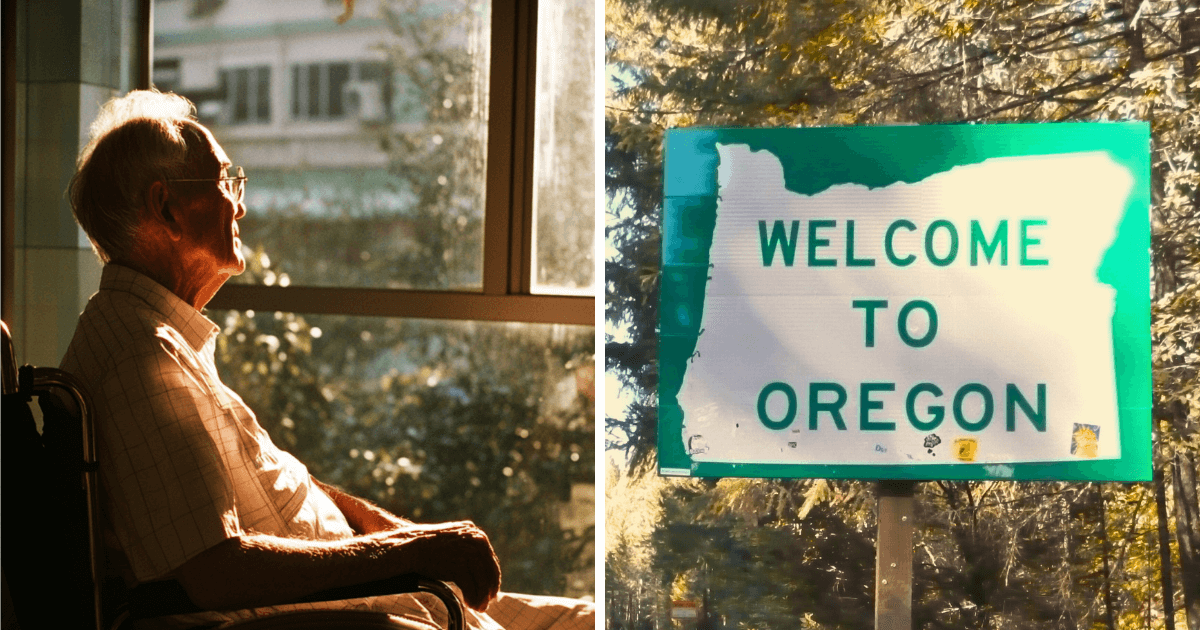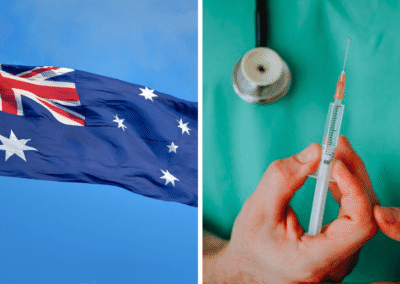The number of assisted suicides remains high in Oregon and the complication rate for assisted suicide is unknown for more than two out of every three cases in 2024, according to data released by the Oregon Health Authority.
The latest annual assisted suicide report ‘2024 Oregon Death with Dignity Act Data Summary’, released last week, has revealed 3,243 people ended their lives by assisted suicide in Oregon since 1998. The report states there were 376 assisted suicide deaths in 2024, accounting for almost 1% of all deaths in Oregon over the year.
However, the 376 figure will likely be updated as previous years have been and will include reports received after 25 January 2025. This means the final figure of the number of people who died by assisted suicide in Oregon in 2024 could be even higher. For example, the figure reported for 2023 was initially 19 deaths lower when first reported.
The report also reveals that in 255 cases out of the 376 deaths by assisted suicide (two-thirds of deaths), it is not known whether or not there were any complications. This is because this data is only reported when there is a physician or healthcare provider present at the time of death. Out of the 121 cases in which complication data is available, nine people suffered complications, including difficulty ingesting or regurgitating the lethal substance and a seizure. This means there is a known complication rate of 7.44%.
Among the end-of-life concerns listed by those who ended their lives, almost half (42.0%) of those who ended their lives reported being concerned about being a “[b]urden on family, friends/caregivers”, and 9.3% said they were concerned about the “[f]inancial implications of treatment”, an increase from 8.3% in 2023.
87.8% said they were concerned about reduced ability “to engage in activities making life enjoyable”, 88.6% mentioned concerns about “losing autonomy”, and 63.6% of those who ended their lives in this way said they were concerned about loss of dignity.
Only three patients were referred for psychiatric evaluation in 2024, and out of the 3,243 who have ended their lives over the year under the law since it was introduced, only 80 have been referred for psychiatric evaluation.
Since 2001, 4.1% of all those who have ended their lives through assisted suicide in Oregon have not informed their families about their decision.
In 41.78% (1,355) of all assisted suicides in Oregon since 1998, there was no information available about how long it took a patient to die after ingestion of the lethal substance. In those cases in which there is information available, the duration between ingestion and death was anywhere between one minute and 137 hours.
Spokesperson for Right To Life UK, Catherine Robinson, said “One of the most shocking aspects of the data from Oregon is that the end-of-life concerns for those who ended their lives by assisted suicide are generally not medical. Autonomy, dignity and activities that make life enjoyable are all issues that are not treated by death. Sadly, nearly half report concerns about being a burden on family and friends. The focus must be on palliative care and not on helping these vulnerable adults to end their lives”.
“Equally shocking is the apparent lack of medical oversight, as less than 1% of those who took their own lives underwent a psychiatric evaluation and, in the majority of cases, no medical professional was present at the time of death. What exactly happened, how long it took the person to die, and whether there were complications are largely unknown. The potential for abuse and coercion here is very real and should be deeply alarming to other countries, such as our own, who are considering introducing assisted suicide”.












